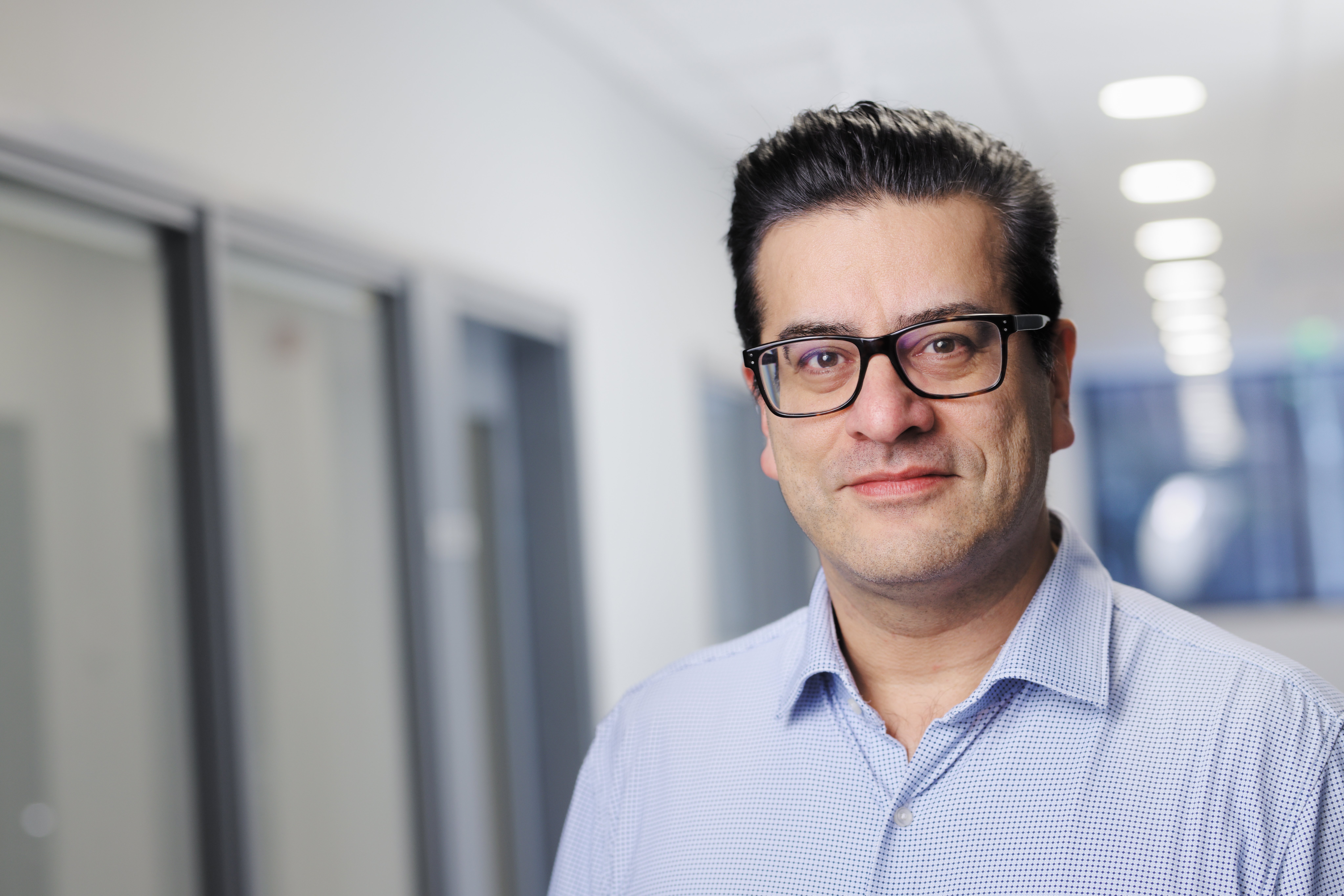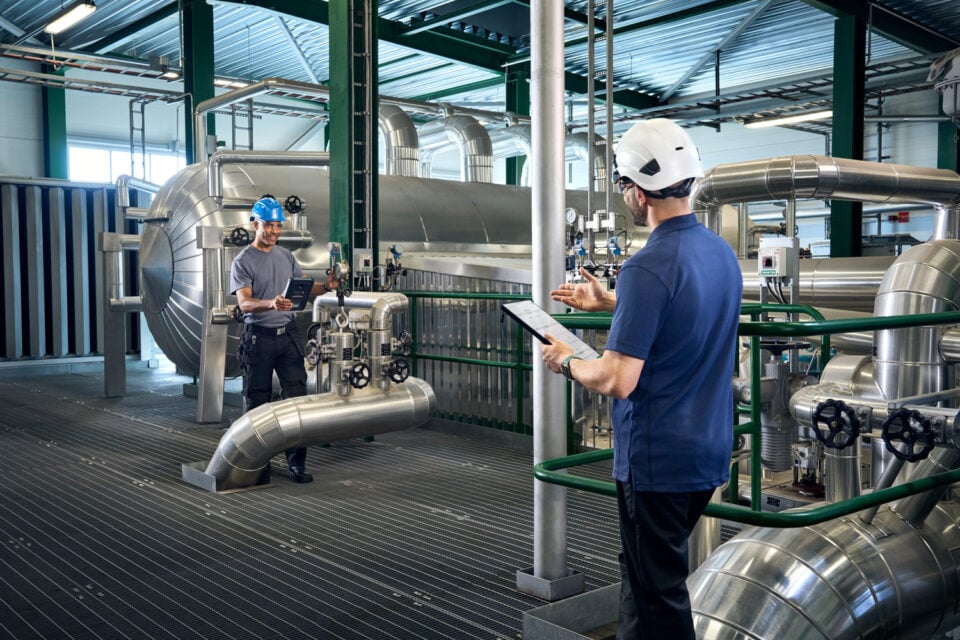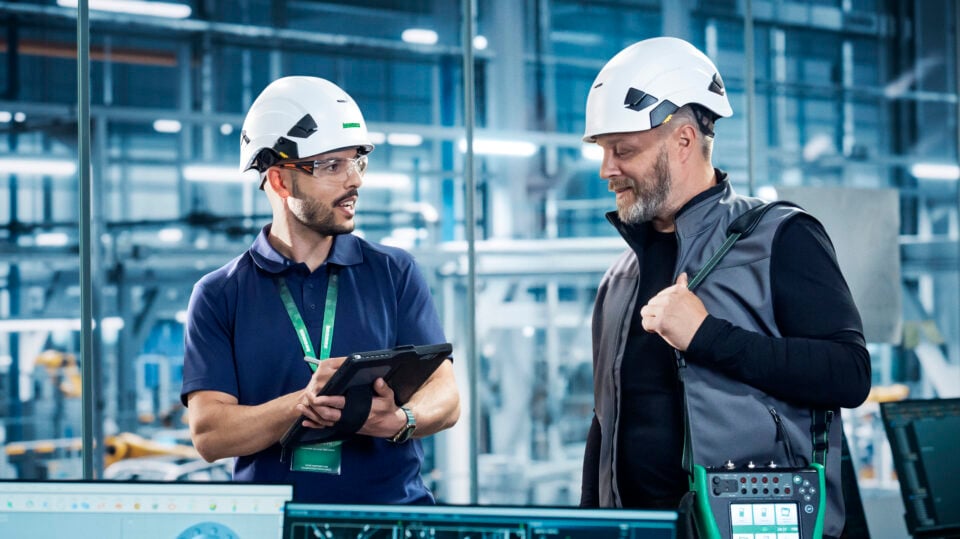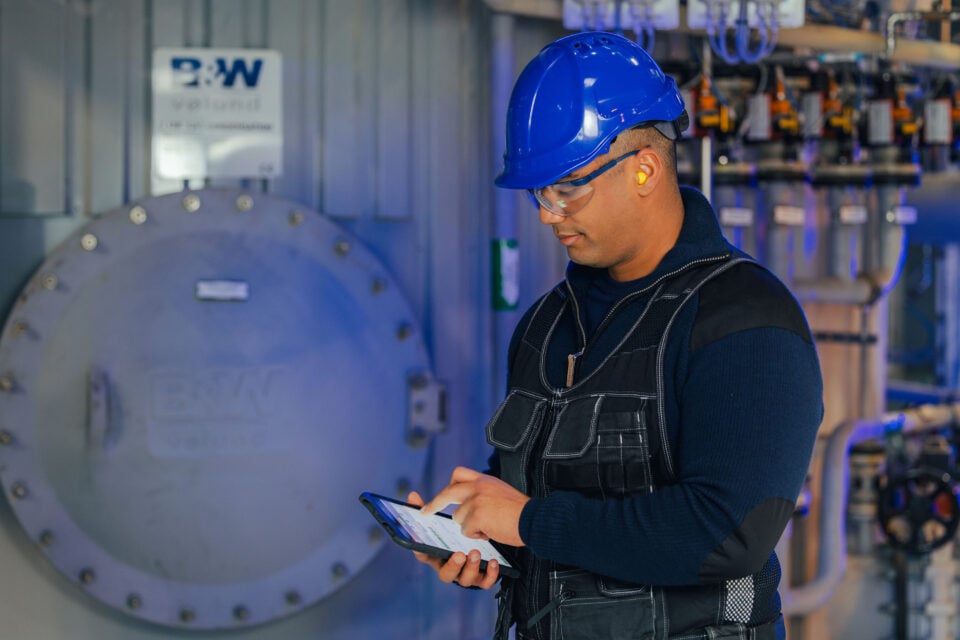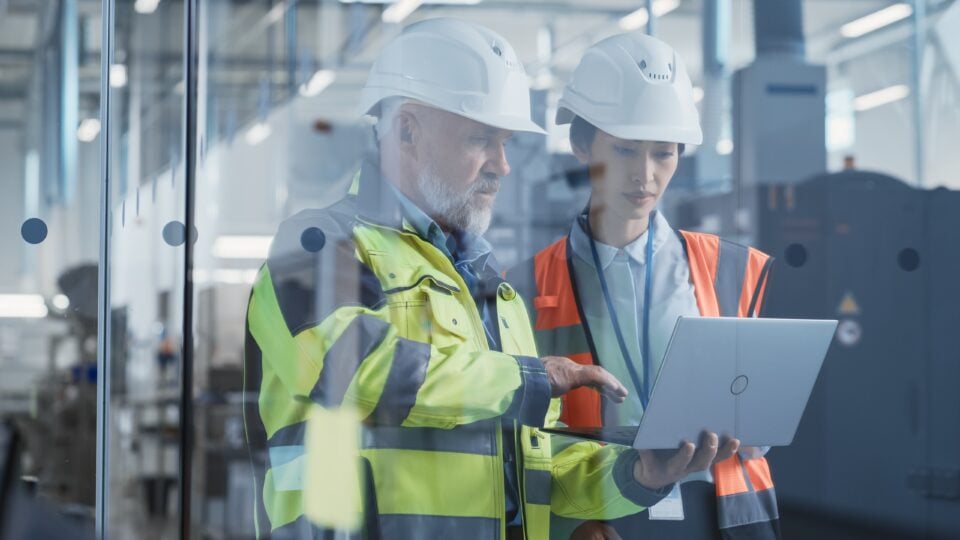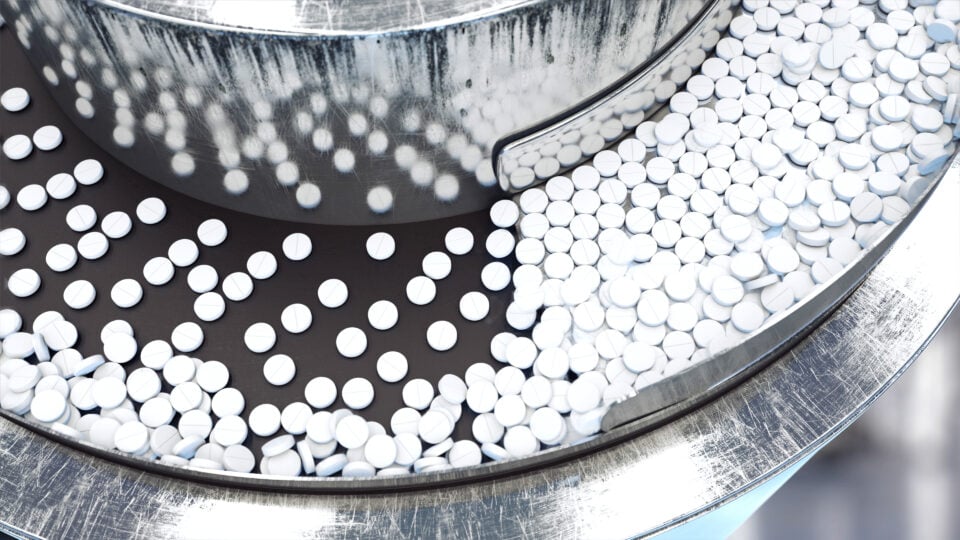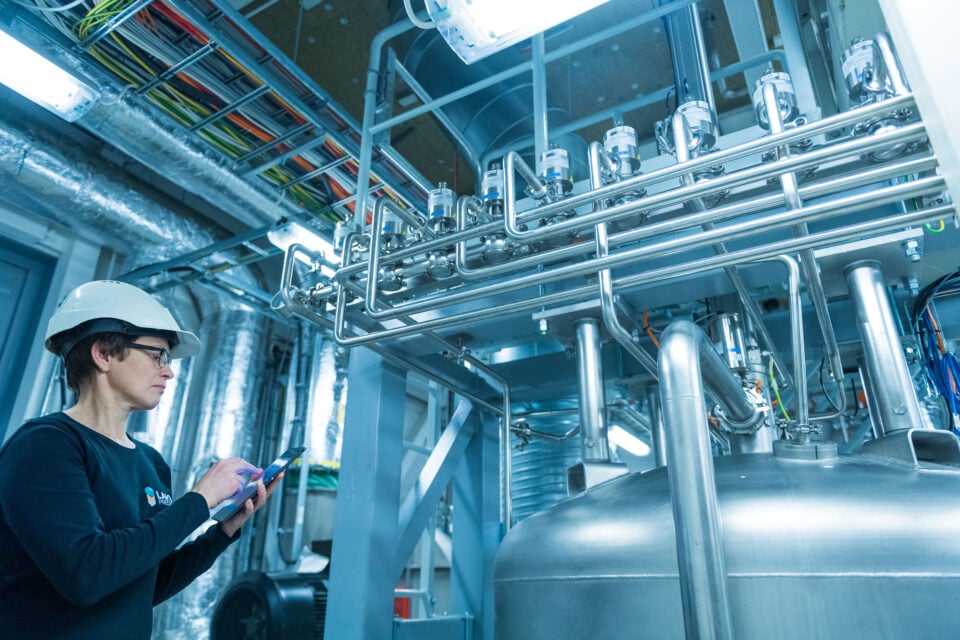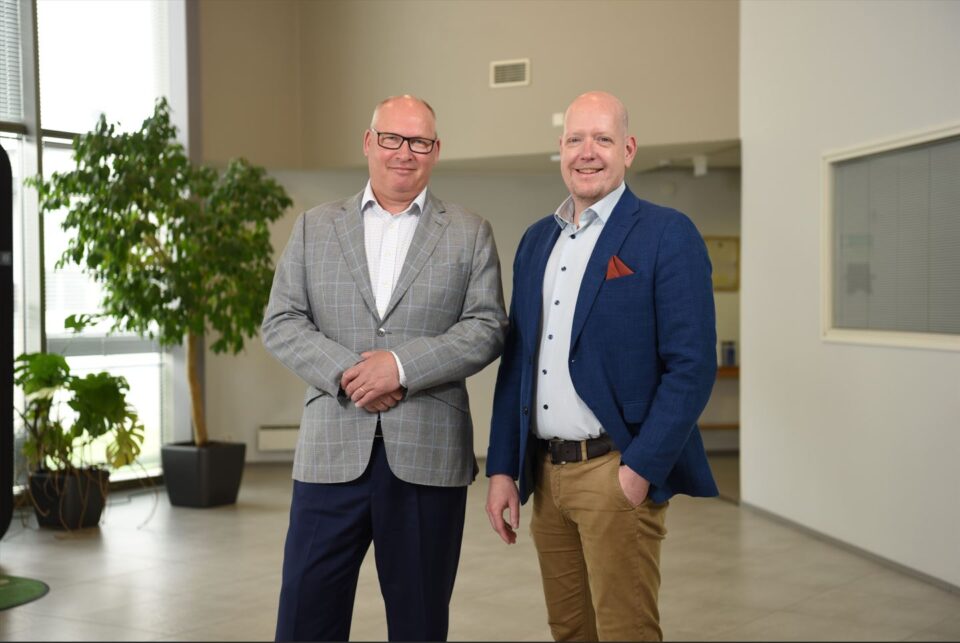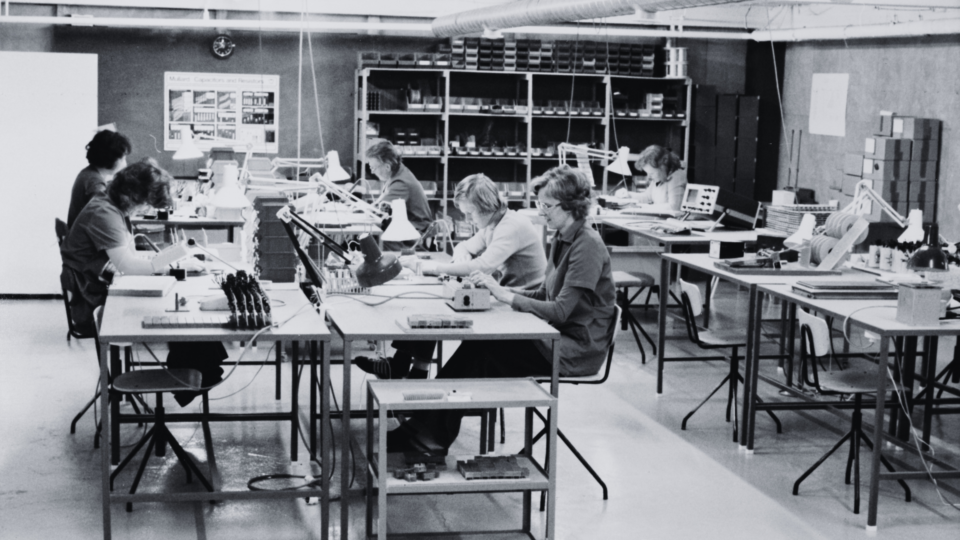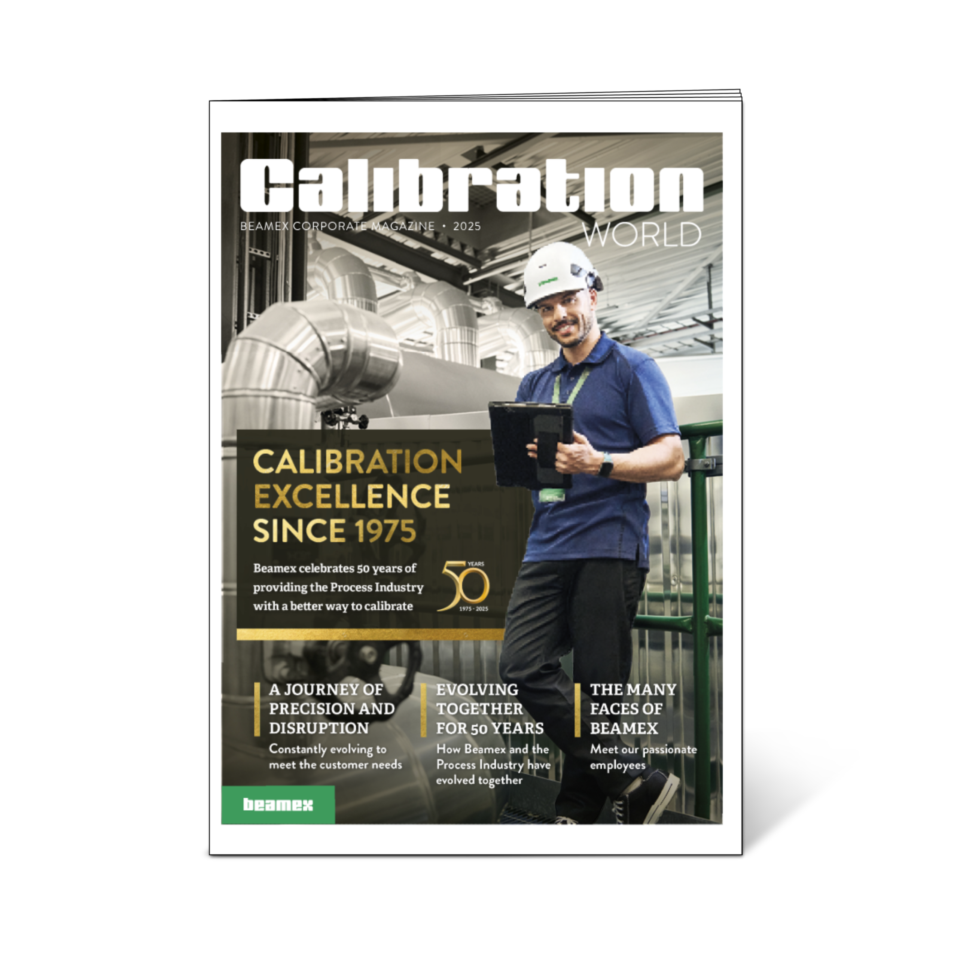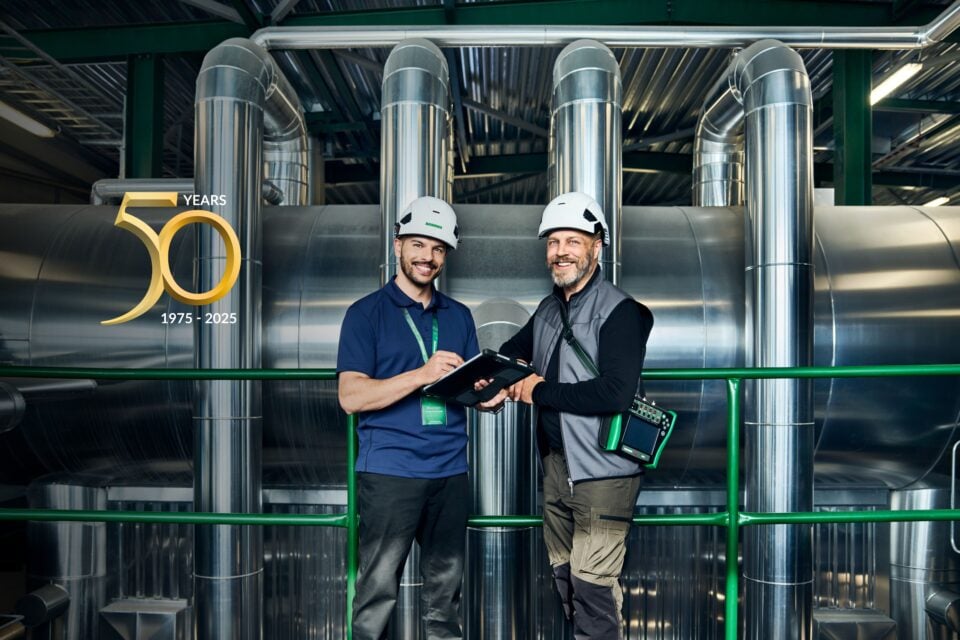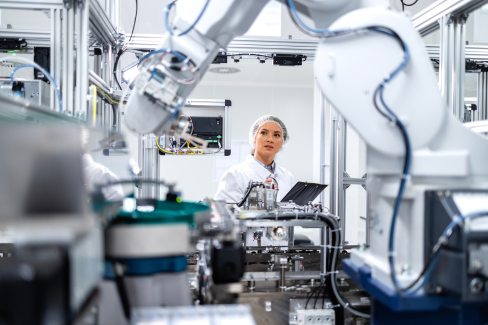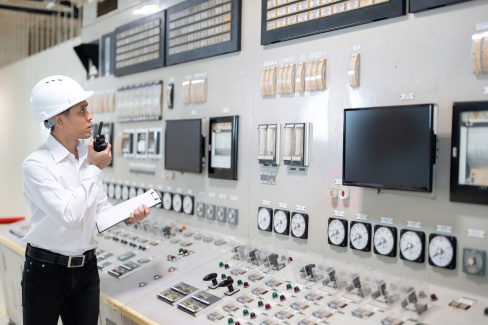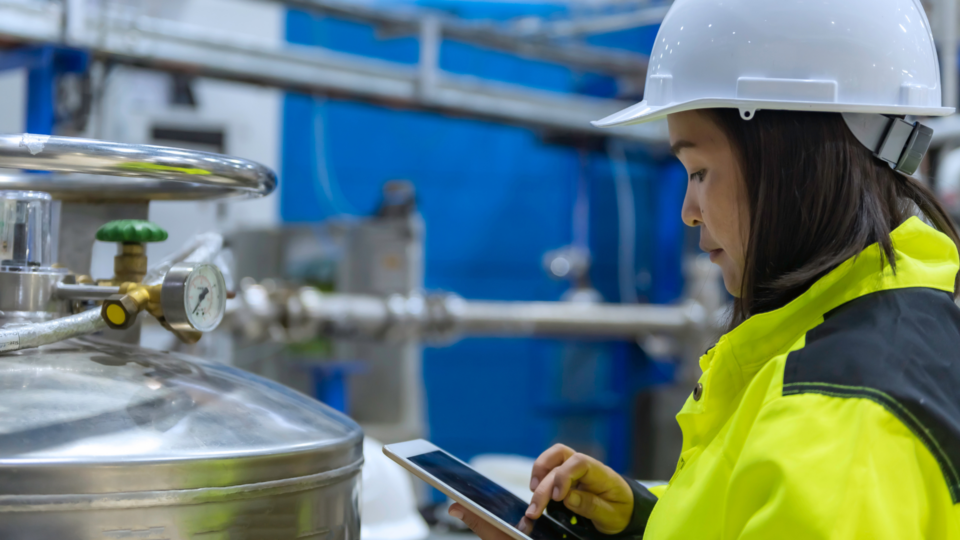
How Europe exported trust through measurement and why that still matters
Antonio Matamala, Country Manager, Beamex Germany
On May 20th, 1875, seventeen nations gathered in Paris, the capital of France, to sign the Metre Convention, a foundational agreement to standardize weights and measures across borders. This wasn’t just about defining the meter or the kilogram, but a geopolitical collaboration to build a framework for unity, standardization, shared truth, and trust.
Out of this agreement came three institutions that still shape the world of measurement today: the International Bureau of Weights and Measures (BIPM), the International Committee for Weights and Measures (CIPM), and the General Conference on Weights and Measures (CGPM).
Together, they form the highest authority in global metrology and created the International System of Units (SI) – seven base units from which every other measurement can be derived. Standardizing units eliminated the confusion and inefficiency of having every country, or even every industry, define things their way.
The SI is not just a scientific tool; it’s a foundation for trust in modern society. It underpins international trade, medical diagnostics, climate research, and everyday technologies like smartphones and airplanes.
History has shown what happens when standards aren’t aligned. One infamous example is the 1999 Mars Climate Orbiter mission by NASA. The $327 million probe was lost because engineers mixed up metric and imperial units. One team used newton-seconds; another used pound-seconds. The embarrassing result was the spacecraft disintegrating in the Martian atmosphere.
Deep commitment to metrology
Europe’s deep commitment to metrology reflects something more profound: a cultural mindset. When something seems off, like a suspiciously light kilo of potatoes, a European instinct might be to question the scale’s calibration, not the definition of a kilogram. This ingrained respect for objective measures stands in contrast to the rise of trends where facts are molded to fit agendas.
This trust-based mindset extends beyond kilograms and meters – it’s reflected in Europe’s approach to digital sovereignty and regulation, too. Look at Microsoft’s recent commitments to Europe, laid out in an April 2025 blog post by the firm’s Vice Chair and President, Brad Smith.
Acknowledging Europe’s leadership in digital trust and regulation, he writes: “We will ensure that our cloud customers in Europe can process and store their data in Europe. We will not transfer data outside Europe without their instructions.” And importantly: “We will back up these commitments with legally binding guarantees.”
Microsoft isn’t doing this out of sentimentality. It’s a calculated move in recognition of Europe’s strength and consistency in demanding digital accountability. In essence, Europe is exporting trust, and the most powerful global players are adjusting their strategies in response.
Why? Because trust, like measurement, is the backbone of modern society. Whether you’re manufacturing pharmaceuticals, operating a nuclear plant, or designing software infrastructure, you need precision – and with it, agreement on what counts as accurate, secure, and reliable.
Trust requires standards
Smith’s blog is a corporate recognition of Europe’s cultural and regulatory stance on trust. The region doesn’t just set the tone in metrology, but in data governance (GDPR), cybersecurity (Cyber Resilience Act), and AI ethics (EU AI Act). At every level, from kilogram standards to cloud infrastructure to the factory floor, the EU model is built on a fundamental principle: collaboration requires trust, and trust requires standards.
Calibration is the embodiment of those agreements. Beamex’s digital calibration solutions give companies metrological traceability, cryptographic protections, and secure, end‑to‑end data flows – so every reading, every certificate, and every decision rests on rock‑solid integrity.
For example, it’s why Beamex’s Business Bridge, which links CMX Calibration Management Software to enterprise platforms like SAP or IBM Maximo, has become a critical trust‑building mechanism in IT/OT convergence. By unifying calibration workflows with maintenance, quality, and compliance systems, European firms build a single, reliable digital backbone that powers predictive maintenance, automated reporting, and real‑time decision‑making.
For 150 years, the meter and the kilogram have been symbols of dependence, and today, digital calibration from leaders like Beamex carries that legacy into Industry 4.0. And as Beamex celebrates its 50th anniversary this year, its commitment to precision, transparency, and innovation has never been stronger.
Europe isn’t just exporting technology – it’s exporting trust itself.
You might also find interesting

For a safer and less uncertain world
Welcome to our series of topical articles where we discuss the impact that accurate measurement and calibration has on the world and our everyday lives.
